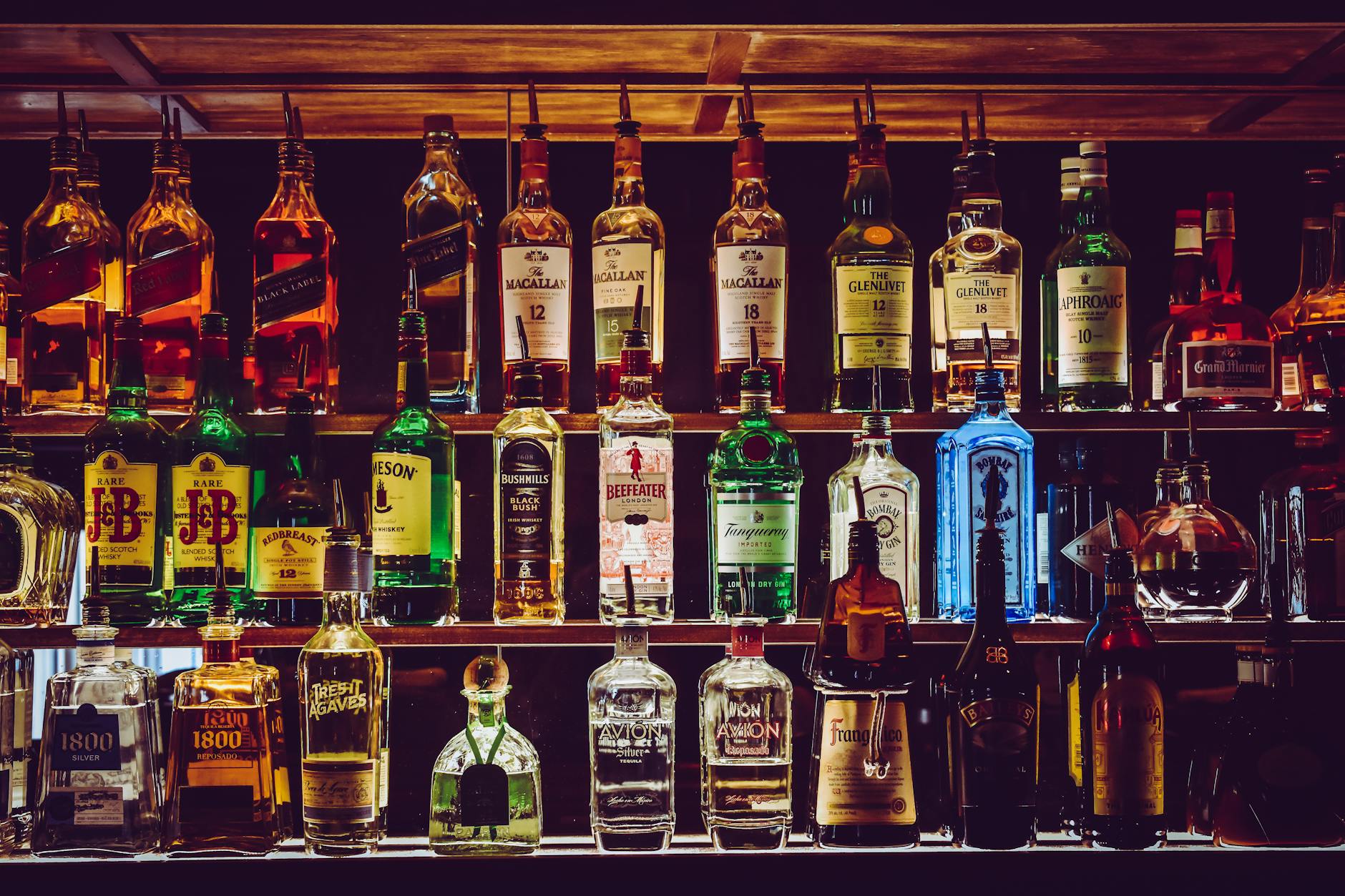Uncover the science behind alcohol intoxication and learn how factors like age, gender, and metabolism affect your level of drunkenness.
Table of Contents
Have you ever wondered how many beers it takes to get drunk? The answer may not be as straightforward as you think. Delving into the science behind alcohol metabolism, individual tolerance levels, and various factors influencing intoxication can provide valuable insights into this intriguing question.
Alcohol Metabolism
Alcohol metabolism is a complex process that occurs primarily in the liver. When you consume alcohol, it is broken down into acetaldehyde by enzymes before ultimately being converted into acetate and then into carbon dioxide and water. This process takes time and varies depending on several factors.
Factors that influence alcohol metabolism include genetic factors, liver health, and the presence of other substances in the body. Additionally, the rate of alcohol metabolism can be affected by the type and amount of alcohol consumed, as well as individual differences in enzyme activity.
Tolerance Levels
Alcohol tolerance refers to the body’s ability to process and handle alcohol. Some individuals may have a higher tolerance for alcohol, meaning they can consume more before feeling the effects of intoxication. Factors that can influence alcohol tolerance include genetics, age, gender, and overall health.
It is important to note that alcohol tolerance is not static and can change over time. Regular alcohol consumption can lead to an increase in tolerance, meaning that individuals may need to consume more alcohol to achieve the same level of intoxication.
Factors Influencing Intoxication
Several factors can influence how quickly and intensely alcohol affects the body. Gender differences play a significant role in alcohol metabolism, as women generally have a higher blood alcohol concentration after consuming the same amount of alcohol as men. This is due to differences in body composition and enzyme activity.
Body weight and composition also play a role in alcohol intoxication. Individuals with a higher body weight may be able to consume more alcohol before feeling intoxicated, as alcohol is distributed throughout the body based on fat and muscle content.
Food consumption can also impact intoxication levels. Eating a meal before drinking can slow down the absorption of alcohol into the bloodstream, potentially reducing the effects of intoxication. However, consuming alcohol on an empty stomach can lead to faster intoxication as alcohol is absorbed more quickly.
Other factors, such as genetics and overall health, can also influence how alcohol affects the body. Some individuals may have a genetic predisposition to alcoholism or may be more sensitive to the effects of alcohol due to underlying health conditions.
By understanding the science behind alcohol metabolism, individual tolerance levels, and various factors influencing intoxication, we can gain a better understanding of how many beers it may take to get drunk. It is essential to approach alcohol consumption responsibly and be mindful of the individual factors that can impact how alcohol affects our bodies.
Remember, moderation is key when it comes to alcohol consumption. Knowing your limits and being aware of the factors that influence intoxication can help you make informed choices and stay safe while enjoying a night out with friends.
FAQ
How does age impact alcohol tolerance?
Answer 1: Age can affect alcohol tolerance as metabolism slows down with age, leading to alcohol staying in the system longer.
Why do women typically feel the effects of alcohol more quickly?
Answer 2: Women have a higher blood alcohol concentration than men due to differences in body composition and enzyme activity.
Does food consumption affect intoxication levels?
Answer 3: Yes, eating before drinking can slow down alcohol absorption, while consuming alcohol on an empty stomach can lead to faster intoxication.
Can genetics influence alcohol tolerance?
Answer 4: Yes, genetic factors can play a role in alcohol tolerance and the body’s ability to metabolize alcohol efficiently.


Leave a Reply